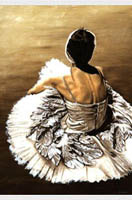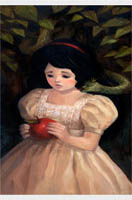Tommaso Dolabella
 |
Personal Details: |
Name |
Tommaso Dolabella |
Place of birth |
Rome, Italy |
Year of Birth |
1550 |
Year of death |
1619 |
Nationality |
Italian |
Paintings |
Portrait of a Gentleman, The Coronation of the Virgin, Christ in the Garden of Gethsemane, The Death of Saint Anthony of Padua, etc. |
Tommaso Dolabella was a Roman politician and general who lived during the late Roman Republic. He was a member of the powerful Dolabella family and served as a military tribune and praetor in several important campaigns. Dolabella was born in 85 BC and was the son of Gaius Dolabella, a consul and pro-consul of the Roman Republic
. He was also related to the famous orator and politician, Marcus Cicero, who was his great-uncle. Dolabella's first political position was as a military tribune during the Social War in 90-87 BC. He served with distinction and was praised for his courage and tactical acumen. He was later appointed to a number of posts in the Roman army, including a position in the Roman navy on the coasts of Sicily and Africa. Dolabella was an active participant in the civil wars of the late Republic, often serving as a general for Pompey in the wars against Julius Caesar.
He was present at the Battle of Pharsalus in 48 BC and was a key commander in the Battle of Dyrrhachium in 47 BC. In 45 BC, Dolabella was appointed a praetor and was sent to Gaul to serve as the leader of a Roman army. He fought in several battles and was a key commander in the Battle of Munda in 45 BC. After the battle, Dolabella was rewarded with a triumphal procession in Rome. In 44 BC, Dolabella was appointed a consul alongside Marcus Antonius. He supported Antonius in his campaign against Decimus Brutus and was present at the Battle of Forum Gallorum in 43 BC
. He was also involved in the Battle of Philippi in 42 BC, where he was defeated by the forces of Octavian and Marcus Antonius. Despite his military successes, Dolabella was never very popular with the Roman people. He was seen as a bitter enemy of Julius Caesar and was often accused of being too ambitious and power-hungry. Dolabella died in 40 BC, probably of natural causes. He left behind a legacy of military victories and a reputation as a brave and skilled commander. His name is still remembered today as a symbol of courage and leadership in the late Roman Republic.







